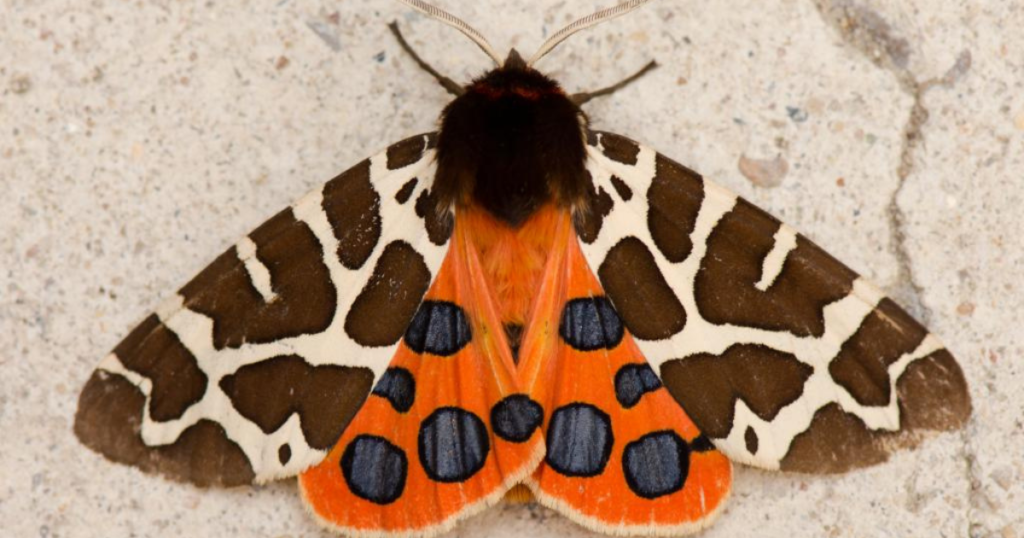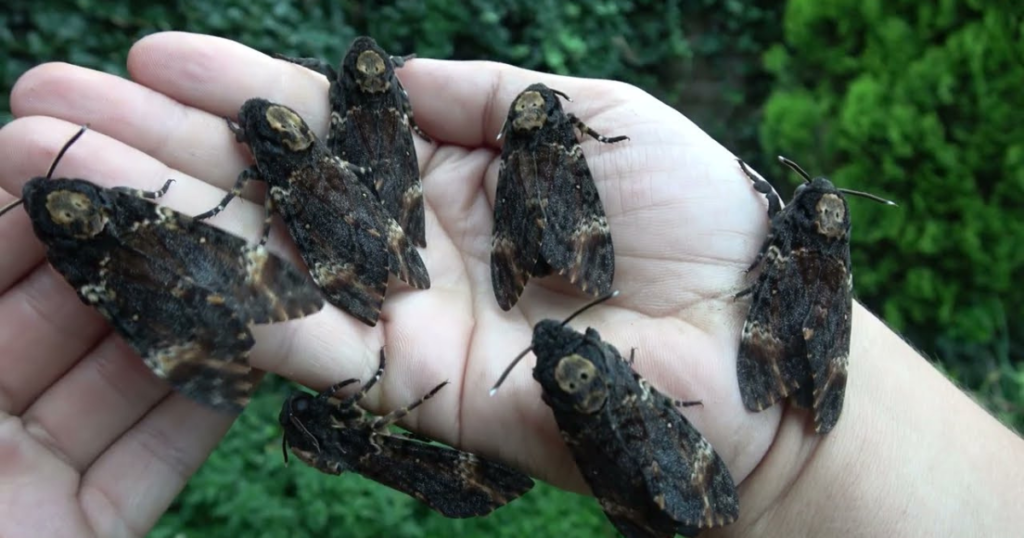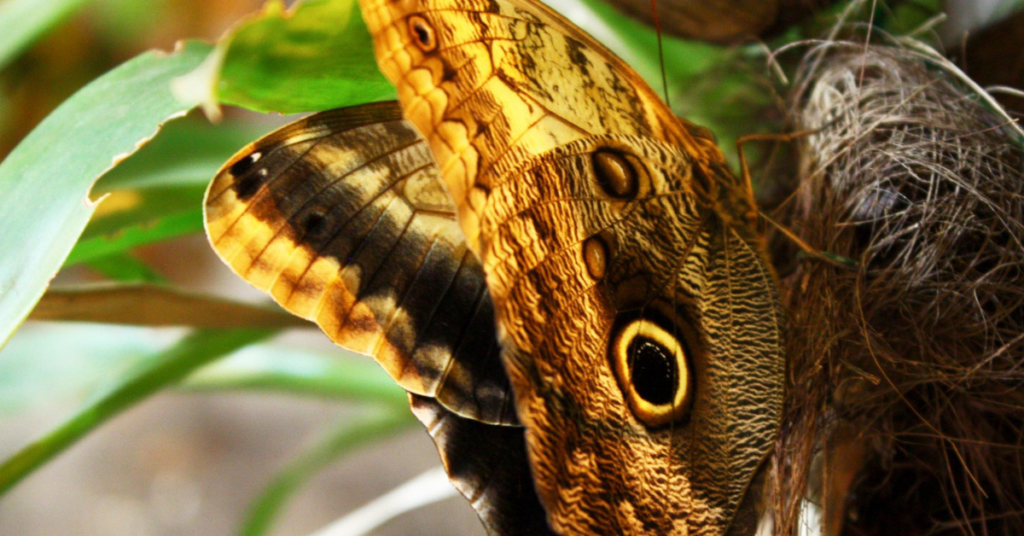Ready for a Bulldog? Know the Full Picture. Bulldog breed are famous pups known for their wrinkled charm and gentle nature, making them attractive companions. Bulldogs aren’t just couch potatoes with cute faces they require daily crinkle care, have sensitive digestive systems, and can face with breathing and joint issues. To unserstand these traits upfront can help you make a happier, healthier life with your Bulldog.
With a proper care, most of these issues can be managed or avoided. In this guide, we’ll cover their temperament, exercise limitations, diet advice, grooming tips and tricks, and how to keep your Bulldog happy with a healthy, comfortable life.
Table of Contents
ToggleA Brief History of the Bulldog Breed
The Bulldog Breed has a rich and fascinating history that traces back to 13th-century England, where they were originally bred for bull-baiting—a cruel sport that fortunately became illegal in 1835. Afterward, Bulldogs were selectively bred to remove aggression and develop the gentle, affectionate dogs we know today. Their courage, loyalty, and loving nature have made them popular companions across the world.
Bulldog Breed Traits
Appearance
- Stocky, muscular build with broad shoulders
- Loose, wrinkled skin around the face and neck
- Short, flat muzzle with a distinctive pushed-in nose
- Smooth, short coat in various colours like white, fawn, brindle, and piebald
Personality
The Bulldog Breed is famous for its gentle and affectionate nature. They are:
- Loyal and protective of their family
- Calm and dignified, preferring a laid-back lifestyle
- Friendly with children and other pets when socialised properly
- Sometimes stubborn, requiring patience in training
Size and Lifespan
- Height: 12–16 inches at the shoulder
- Weight: 40–50 pounds (males), 35–45 pounds (females)
- Lifespan: 8–10 years on average
Living with a Bulldog
The Bulldog Breed adapts well to apartment living due to their low activity level. However, they still need daily walks and playtime to maintain a healthy weight and mental stimulation. They’re indoor dogs who don’t tolerate extreme heat or cold well—so always keep them in a comfortable, climate-controlled environment.
Feeding and Nutrition for Bulldogs
Proper feeding is essential for your Bulldog’s health. Bulldogs are prone to obesity, so you should:
- Choose high-quality, balanced dog food suitable for medium breeds
- Feed 1.5–2 cups of dry food split into two meals per day
- Avoid overfeeding and limit treats to prevent weight gain
- Provide plenty of fresh water
Common dietary considerations for the Bulldog Breed include food allergies and sensitive stomachs. You might need to try grain-free or limited-ingredient diets if your Bulldog shows signs of digestive issues.
Training Tips for Bulldogs
The Bulldog Breed can be stubborn but responds well to positive reinforcement training. Essential tips include:
- Start early with socialisation to help them interact confidently with people and pets
- Use rewards like treats and praise to encourage good behaviour
- Keep training sessions short and fun to hold their attention
- Be patient, consistent, and avoid harsh discipline
Bulldogs excel in learning basic commands, house training, and crate training if handled correctly.
Grooming Requirements for Bulldogs
Bulldogs have short coats, but their unique facial folds need special attention. Here’s how to groom your Bulldog Breed effectively:
- Brushing: Weekly brushing helps remove loose hair and reduce shedding
- Facial Folds: Clean wrinkles daily with a damp cloth and dry thoroughly to prevent infection
- Bathing: Bathe once a month or as needed, using a gentle dog shampoo
- Ears & Nails: Check ears weekly for signs of infection and trim nails every few weeks
- Dental Care: Brush teeth several times a week to reduce the risk of gum disease
Bulldog Breed Health Tips
Bulldogs have short coats, but their unique facial folds need special attention. Here’s how to groom your Bulldog Breed effectively:
- Brushing: Weekly brushing helps remove loose hair and reduce shedding
- Facial Folds: Clean wrinkles daily with a damp cloth and dry thoroughly to prevent infection
- Bathing: Bathe once a month or as needed, using a gentle dog shampoo
- Ears & Nails: Check ears weekly for signs of infection and trim nails every few weeks
- Dental Care: Brush teeth several times a week to reduce the risk of gum disease
Common Health Issues
The Bulldog Breed is prone to certain health problems due to their unique anatomy, including:
- Brachycephalic Syndrome: Their short muzzles can cause breathing difficulties, especially in heat or after exertion
- Hip Dysplasia: A common issue in Bulldogs, causing pain and mobility problems
- Skin Infections: Particularly in their facial folds if not cleaned regularly
- Cherry Eye: Prolapse of the third eyelid gland, requiring veterinary attention
- Obesity: A major concern that can exacerbate other health issues
Preventive Care
- Schedule regular veterinary check-ups for vaccinations and health monitoring
- Maintain a healthy weight through portion control and exercise
- Use cooling mats or air conditioning in summer to prevent overheating
- Provide joint supplements if recommended by your vet

Exercise and Activity Levels
Though Bulldogs are not high-energy dogs, daily exercise is crucial. Here’s what you need to know:
- Aim for two short walks (10–20 minutes) per day
- Avoid strenuous exercise or long walks, especially in hot weather
- Include gentle playtime indoors to stimulate their mind
- Use interactive toys to prevent boredom and encourage movement
Remember, Bulldogs can overheat easily, so watch for signs of heat stress like excessive panting or drooling.
When to See a Vet
Take your Bulldog Breed to the vet if you notice:
- Laboured breathing or loud snoring
- Skin redness, sores, or foul odour in wrinkles
- Limping, difficulty rising, or reluctance to walk
- Changes in appetite, vomiting, or diarrhoea
- Eye discharge or swelling
Early intervention can prevent serious health problems.
Bulldogs and Families
The Bulldog Breed makes an excellent companion for families, singles, and seniors alike. They are patient with children, bond strongly with their owners, and have a loving, sometimes goofy personality that makes them a joy to be around.
However, their stubbornness means Bulldogs do best with owners who can set boundaries and maintain consistent training. With proper socialisation, they also get along well with other dogs and cats.
Travel Considerations for Bulldogs
Planning a holiday with your Bulldog Breed? Keep in mind:
- Bulldogs often struggle with air travel due to their respiratory issues; many airlines ban brachycephalic breeds from flying in cargo
- For road trips, bring plenty of water, avoid travel during hot days, and make frequent stops
- Consider leaving them with a trusted pet sitter if travel could pose risks
Insurance for Bulldogs
Because the Bulldog Breed can be prone to health issues, pet insurance is often a wise investment. Look for plans that cover hereditary conditions, chronic diseases, and emergencies. Insuring your Bulldog early can save you thousands in potential veterinary costs.
Conclusion
Choosing the Bulldog Breed means welcoming a devoted, affectionate, and courageous companion into your life. While Bulldogs have specific needs and health considerations, they reward you with endless love and unique charm. By understanding their history, personality, and care requirements, you can ensure your Bulldog thrives and becomes a cherished member of your family.







